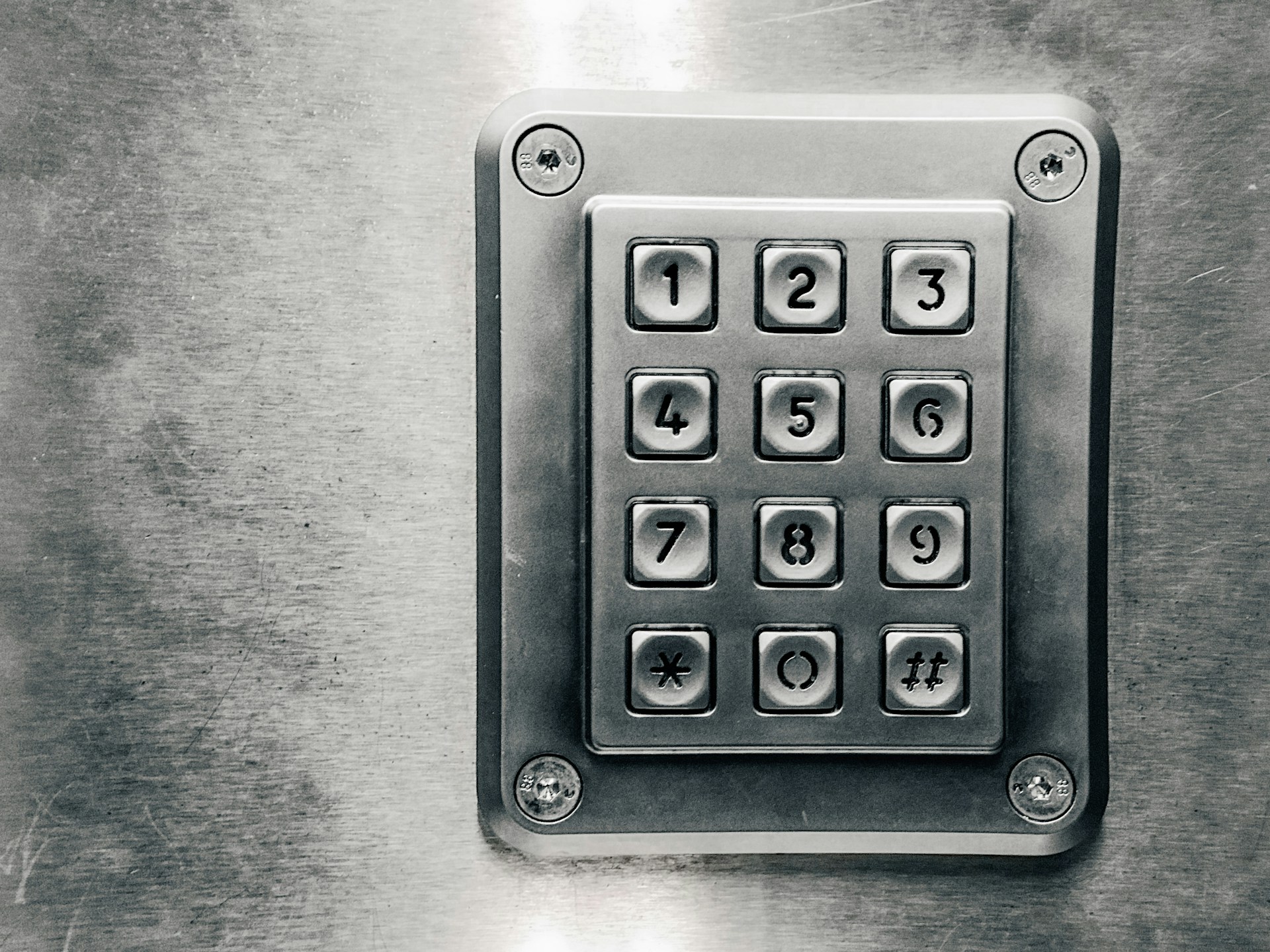What future for passwords?
Tech culture
Can anything replace passwords?

Passwords are central to digital security. They are the first line of defense in restricting access to our sensitive data. Despite that, they are not an absolute guarantee against hacking because cyber criminals are constantly developing new ways of working around them.
The advantages of passwords: simplicity and universality
One of the biggest advantages of passwords is their ease of use.
Anyone can create a password without needing any special hardware or in-depth technical knowledge. They are a universal security method: almost all digital services – whether banking applications, social media or mailboxes – rely on passwords to limit access to authorized users only.
Moreover, passwords provide great flexibility, making it possible to add levels of complexity to strengthen security without increasing the cost. Their compatibility with many platforms and systems makes them a very practical protection tool.
However, their simplicity can become a drawback if the passwords aren’t carefully selected, or if they are overused, thereby reducing their effectiveness.
The current limitations of passwords
With the increase in online threats, passwords have become increasingly complex. It’s no longer a question of just choosing a word that’s easy to remember, but of creating a combination of letters, numbers and special characters long enough to be difficult to hack. This complexity is often a source of user frustration.
The more secure the password, the harder it is to remember, leading many people to write them down on post-its or to use passwords they’ve already used, all of which weaken their security.
The multiplication of online accounts also requires the creation of several complex passwords, adding to the burden of daily management. This difficulty in managing secure passwords without support tools can expose users to increased hacking risks.
Users’ problems are compounded by the different techniques used by cyber criminals to work around them:
- phishing, a practice that uses fraudulent e-mails to trick users into giving their login details, including passwords,
- brute-force attacks, where software tries thousands of password combinations until it finds the right one.
Moreover, following data leaks on sites or services, thousands of passwords can end up on the dark web, where they are sold or traded.
If someone uses the same password for several services, a single leak can compromise all their accounts. So even if they use complex passwords, users are still vulnerable to modern hacking techniques.
That reality underlines the importance of not relying solely on passwords to protect information.
What are the alternatives to traditional passwords?
- Biometric authentication is one of the most promising alternatives to traditional passwords. It is based on elements that are unique to each person, such as fingerprints, facial recognition and voice recognition.
Such technology provides access to systems without the need to remember a password. Unlike passwords, fingerprints:
- can’t be forgotten or guessed, which reinforces security;
- are more convenient for users, who no longer need to create or manage multiple logins.
However, although this technology is very successful, the cost of implementing it and the associated confidentiality issues are barriers to its widespread use. In some cases, experienced cyber criminals can work around the systems: some of them, for example, use face substitution techniques consisting in showing artificial faces intended to fool facial recognition systems.
- Two-factor authentication (2FA) is a simple and effective way of strengthening password security. It works by adding a second step when logging into an account: after entering their password, users must confirm their identity by another means, such as a code received by text message or an authentication application.
That means that even if hackers manage to steal the password, they still need the second factor to access the account, which considerably reduces the risk of compromise. 2FA is increasingly adopted by large businesses and online services, as it provides extra protection without adding too much complexity for users.
Currently, the method remains one of the best solutions for strengthening account security without completely abandoning passwords.
Password managers: a good complement
Password managers have become a must-have solution for many users. Such software can store dozens or even hundreds of passwords, while automatically generating complex identifiers for each service used. The main benefit is that users only need to remember one master password to access all their accounts, making password management much easier. Nevertheless, it is essential to choose a reliable and secure password manager, as unauthorized access to the software could compromise all the stored passwords.
The future of passwords in cybersecurity
Cybersecurity experts envision a future where passwords could be replaced by more secure, easier-to-use solutions.
Technology such as physical security keys or authentication methods based on artificial intelligence could make it possible to either partially or completely do away with passwords:
- Physical security keys, or hardware authentication tokens, are physical devices used to reinforce digital access security. They are designed to provide a strong authentication method to complement or replace traditional passwords.
- As for artificial intelligence-based authentication methods, they use advanced machine learning technologies to enhance online access security. Unlike the traditional methods, such systems are based on complex behavior analyses or biometric characteristics unique to each person.
Finally, the progress made by quantum computing in recent years means that there is a risk of those machines cracking the current security keys (in particular RSA keys) on which most of our exchanges are based today. To anticipate such a possibility, post-quantum cryptography involves using new keys based on mathematical problems that quantum computers can’t solve.
However, the transition to a password-free world is still a long way away. Challenges remain, especially in terms of cost, infrastructure and accessibility for the general public. Even though some digital players (including most of the GAFAMs) are starting to adopt these new technologies, passwords are probably here to stay, especially for consumer services.
Beyond authentication, encryption to protect data
Data protection isn’t only based on authentication methods. Even the most sophisticated authentication solutions can be compromised if other security aspects are left aside.
High risk behavior such as sharing passwords, using unsecured networks, or failing to beware of phishing attempts, can compromise system security, regardless of how robust the authentication mechanisms in place are.
Which is why a defense-in-depth approach is needed, with data encryption as its cornerstone. It guarantees that sensitive information is protected from loss, theft, exfiltration, publication and economic espionage, even if the other security mechanisms are compromised.
Whether or not passwords are still used, it is essential that users continue to be made aware of good digital security practices. Vigilance, ongoing training, and the use of tools such as password managers, two-factor authentication, and encryption are essential to protect from cyberthreats, even in a future where passwords would be a thing of the past.





